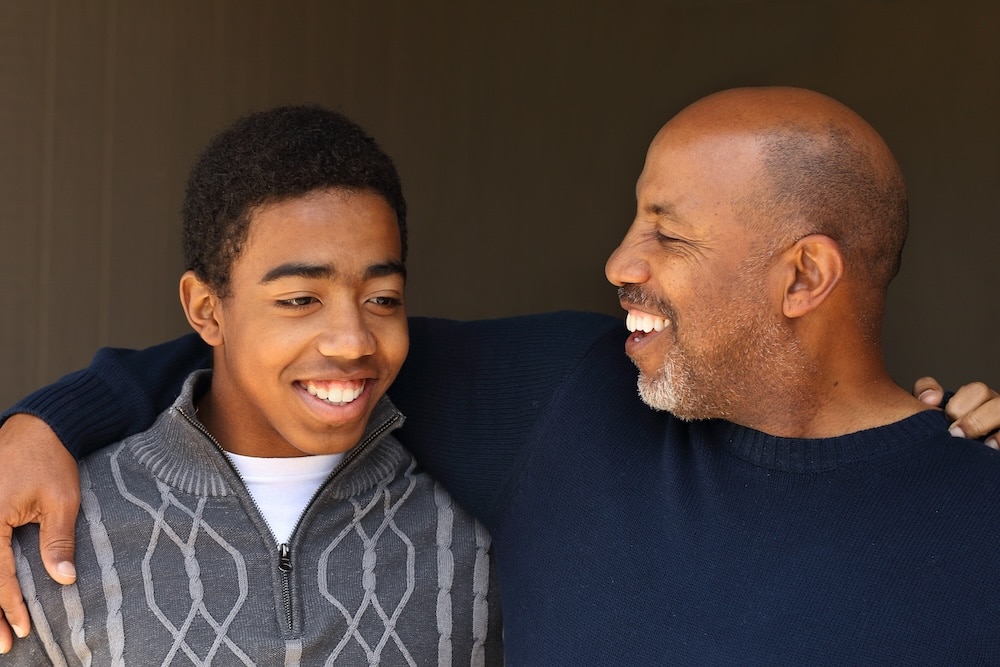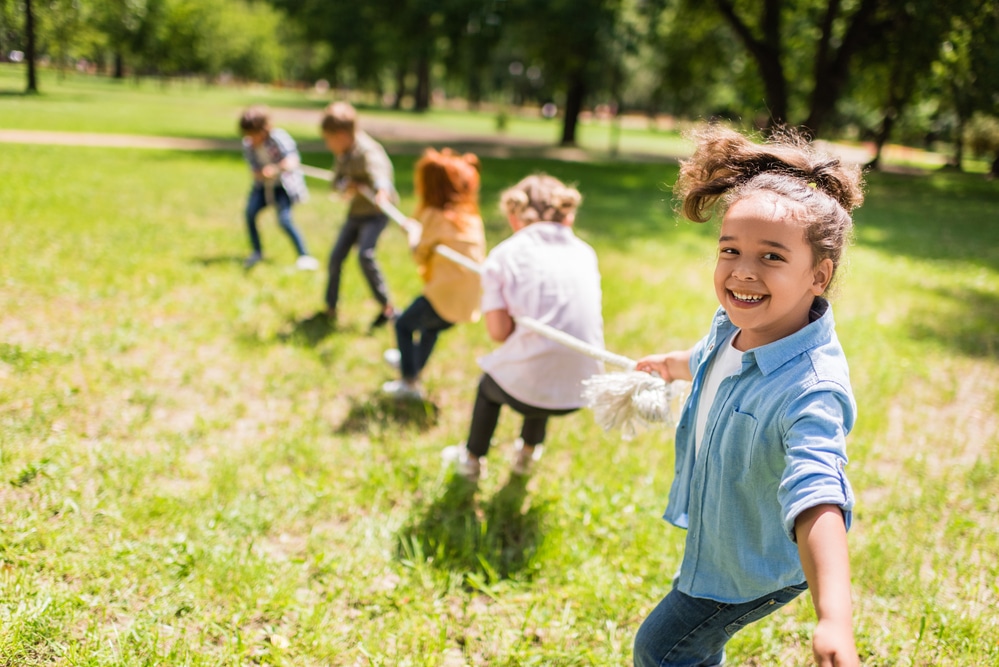Raising children and dealing with addiction may be the two most complicated challenges for anyone, but trying to do both concurrently can be a delicate balance of support and timing. It is a hard fact, but combined data from 2009 and 2014 show that 1 in 8 children aged 17 and under live in a home with at least one parent struggling with a substance use disorder (SUD). Children who experience parental substance abuse may suffer from a myriad of challenges and disadvantages which can include:
- Higher rates of anxiety and depression
- Low self-esteem
- Poor performance in school
- Aggression, angry outbursts
- Isolation and lack of social skills
- Increased risk of sexual, physical, and verbal abuse
- Attachment issues like separation anxiety
- Increased chance of drug or alcohol abuse later in life
- High rates of neglect
- Trust issues
These are just a few of the potential effects of the fallout for children living with parental substance abuse and addiction. It is difficult for adults to deal with another addicted adult, but what happens when children are growing up in a home where one or both parents are addicted? What should you say, and when should you say it? There is no doubt that children growing up in a home with one or both parents abusing drugs or alcohol face many challenges and traumas that they cannot control and may not fully understand. Children may experience substance abuse or addiction in several home settings:
- Two-parent household where both parents are substance abusers or are addicted
- The children have been removed from the biological parents because of both parents struggling with substance abuse or addiction
- One-parent household but both parents are substance abusers
- One-parent household, custodial parent has SUD
- One-parent household, non-custodial parent has SUD
When children experience substance abuse or an addicted parent, they often internalize what they are experiencing and develop issues with self-esteem, trust, and attachment. Parental substance abuse and addiction lead to chaos in all aspects of life for children. Whether or not children remain in a home with parental substance abuse, they should understand what is happening around them, that it is not their fault, and that there are resources for them to cope with what they cannot control.
How And When To Talk to Children
It is never too early to begin the conversation with a child when one or both parents are addicted. Many family members may be uncomfortable with bringing up the subject of addiction, but decades of expert advice stress the importance of being honest with children. Growing up in a home with parental substance abuse and addiction is chaotic and riddled with unpredictability due to things like abandonment, neglect, incarceration, and separations. When unusual and erratic behavior is unaddressed, children are left to draw their own conclusions about why it’s happening, and that almost always leads them to unhealthy and destructive behaviors and thought patterns.

Ways to Address Addiction With Children
Children are very intuitive, and when they are living in the chaos of substance abuse and addiction, they know something is wrong. However, it is important to keep the conversation age-appropriate and remain conscientious of their maturity and ability to receive the information you are giving them. Characterizing addiction as an illness much like heart disease or diabetes can help make it more relatable for some children. Although it is important, to be honest with children about what they are experiencing in a home with parental addiction, the whole truth may not be appropriate at younger ages. The nuances of addiction and how it affects families should be commensurate to the child’s age and maturity. You can get cues from children based on their answers to questions about whether they’ve ever noticed mommy sleeping during the day, or if they’ve seen daddy get angry and mean. By starting a conversation with these kinds of questions, children can feel more comfortable to express their feelings, and you can gauge their perspective and understanding of the situation.
Times to Address Addiction With Children
The best time to address addiction with children is always during a time of calm and relative stability. The immediate aftermath of relapse or arrest is not the time to discuss addiction with children. Whether you are the addicted parent, or a non-addicted parent, or another trusted adult, right after a crisis is a time of high emotion and crisis-management. Children, in their intuitive nature, can and will pick up on your anger, anxiety, and frustration over the most recent issue caused by addiction. It is important to have this conversation with children at a time when things are calm and emotional angst is low. It can be difficult for many adults to keep personal feelings and frustrations out of conversations about another parent’s addiction, but it is imperative to check those emotions before addressing addiction with children. The message can be lost if children hear more of you being angry at the addicted parent than objectively truthful about addiction.
Important Points in Every Talk With Children of Addicted Parents
No matter how many times children need to talk about their addicted parents, it is important that they receive a consistent message that only changes in the amount of detail, as they mature and can understand it. Growing up in a home with parental substance abuse or addiction is extremely traumatic for children, but it doesn’t have to hijack their happiness and success in life. Through love, support, and consistently compassionate communication, children can begin to heal the wounds of addiction.
Addiction is a Disease
Children do not ask to be born, nor can they chose their home life and parents. So, when they are in a home with parental substance abuse or addiction, children at least deserve to know that their parent’s behavior is not their fault. Explaining this begins with helping them to understand that addiction is a disease and that their parents are not bad people. Likewise, the effects of drugs and alcohol can cause their parents to become unsafe, mean, and do or say things that don’t make sense. Even though it can be confusing, it is important to help them understand that their parents are not consciously choosing drugs and alcohol over their children. This concept may be more easily explained to younger children by relating times when they want something that may not be good for them.
Children Are Not to Blame
One of the hardest things for children to do is disassociate themselves from their parents’ moods and behaviors. Children are incredibly perceptive, and they can sense when things are awry with their parents, although they may not understand it at the time. It is difficult for a child to understand that the behaviors of their addicted parent are not their fault, nor do they have anything to do with the children. A helpful tool for children of all ages comes from the National Association for Children of Addiction (NACoA), and it is called the “Seven Cs of Addiction”.
- I didn’t cause it
- I can’t cure it
- I can’t control it
- I can care for myself…
- By communicating my feelings,
- Making healthy choices,
- And celebrating myself
When talking with children about their parent’s addiction, it is important that they know they did not cause the illness and they cannot control it. None of the behaviors associated with substance abuse or addiction have anything to do with them.
There is Support and Help
No matter what their age, children of addicts are not alone. It is estimated that more than 8 million children in the United States have parents with substance use disorders. Whether it is through private therapy, a school counselor, Alateen, a trusted friend or other family member, children of addicted parents should talk about what is going on. As with any adult, it is harmful to hold in great stressors, anxieties, and traumas. Even though children won’t have a full understanding of the complex nature of addiction, the act of being able to talk about what they experience and how they feel can be liberating. If children are ready to talk, it is important that they can speak with a trusted and safe person in a safe space. Remember that the most important part of talking to children is to listen.

vogue-staff
Latest posts by vogue-staff (see all)
- Mixing Adderall and Alcohol: What Can Happen? - December 22, 2022
- 15 Signs of a High-Functioning Alcoholic - November 24, 2022











